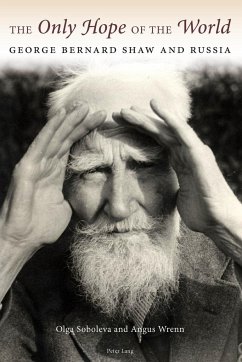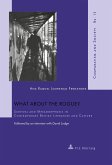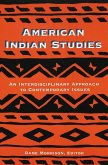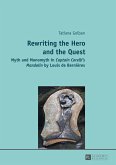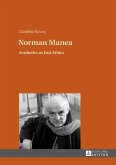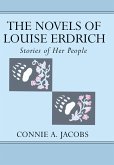George Bernard Shaw is commonly regarded as one of the most controversial intellectuals of the first half of the twentieth century. Known for the ambiguity of his statements and the seeming inconsistency of his views, there was, nevertheless, one idea to which the British dramatist remained constant throughout his life: his long-term enthusiasm for Russia and his firm belief that the Russians would 'give the world back its lost soul'. Moved by the Russian cultural tradition, he found inspiration in the morally charged writings of Tolstoy and Gorky, and sent a copy of his Back to Methuselah to Lenin. The Soviet utopia fascinated him, and he made a much-publicised journey to the USSR to see the results of socialist construction, remaining for the rest of his life an unrepentant advocate of Stalin's policies. Focusing on detailed textual analysis, this book traces the Russian sources that contributed to the formation of Shaw's literary style. By reflecting on these parallels, as well as by drawing on archive reports in the Russian and Western media, the authors attempt to establish the extent to which Shaw's obsession with the socialist cause affected the evolving character of his dramatic output. The book also explores the enduring positive reception of Shaw's plays on the Russian stage.
Bitte wählen Sie Ihr Anliegen aus.
Rechnungen
Retourenschein anfordern
Bestellstatus
Storno

